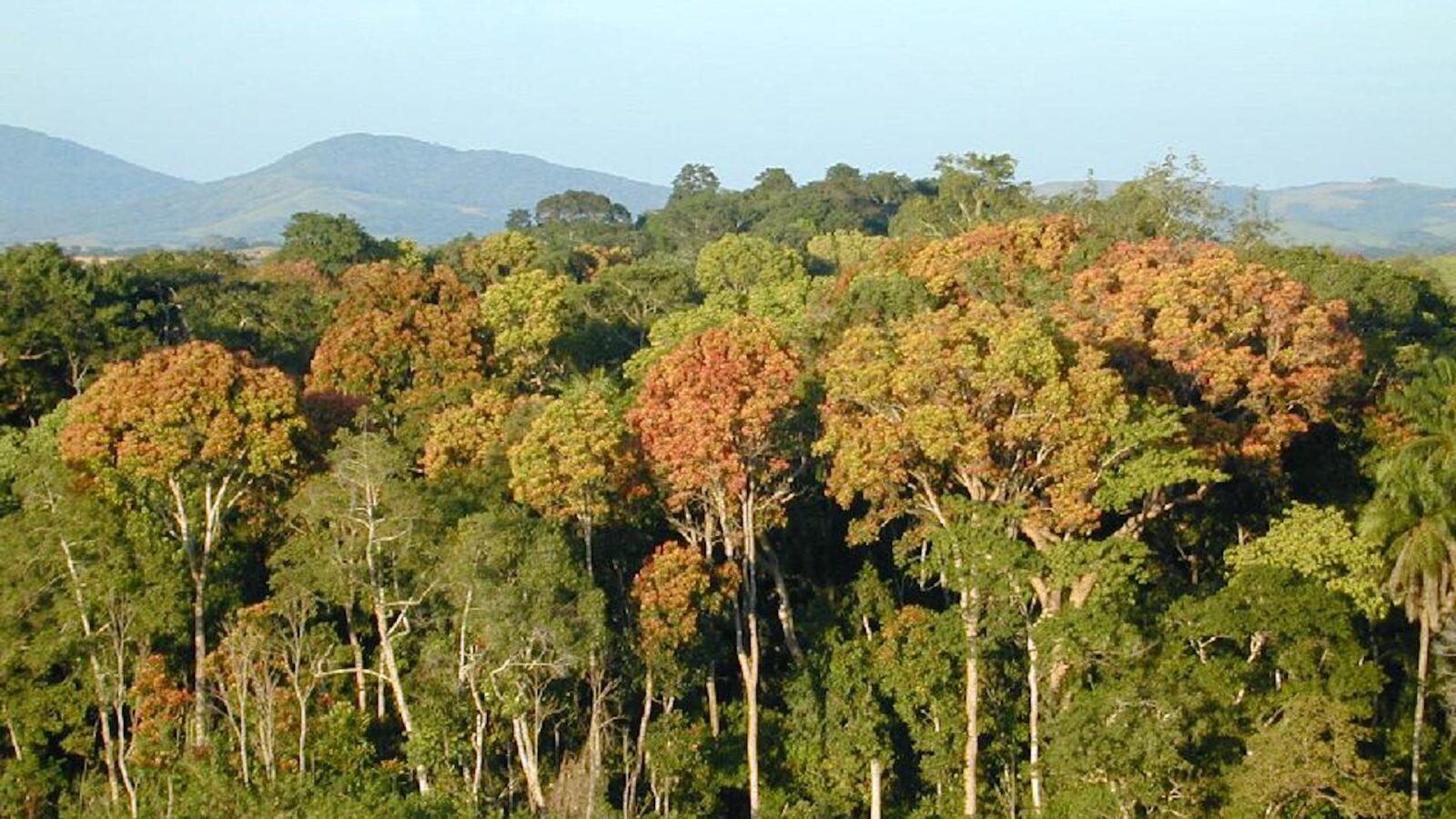The Beauty of our Forests – Part 2

Deforestation
Deforestation is the loss of forests and forest resources, mainly due to human activity; a process where forest vegetation is cut down for political, economic or social reasons without any concurrent replanting. According to the Food and Agriculture Organization (FAO), Nigeria has the highest rate of deforestation in the world (2005 Report). Between 2000 and 2005, Nigeria lost up to 55.7% of its primary forests to logging, residential and industrial developments, timber export, subsistence agriculture and wood collection for energy.
Deforestation has adverse consequences on Nigeria’s environment, including but not limited to the following;
- Soil erosion. Soil is held in place by the roots of plants, especially trees which help to secure the soil such that it is not easily washed away by rain and flood water or blown away by the wind. But when we cut down the forests, we expose the soil to erosion because large amounts of soil will be washed away. Soil erosion decreases soil fertility which results in decreased crop yield for farmers. When soil is washed into water bodies, it creates heavy layers of sediment and prevents the rivers and streams from flowing smoothly, which can lead to flooding and water pollution.
- Desertification. Forests destruction contributes to the overwhelming trend of desertification – the encroachment of the desert on the land that was once fertile. Between 1990 and 2010, Nigeria’s forest area reduced from 17,235 hectares to 9,041 hectares (FAO). In a little over a century, from 1901-2005, temperatures increased by 1.1oC when global mean temperature was only 0.74oC and rainfall decreased by 81mm. The combination of high deforestation rates, increased temperatures and decreasing rainfall have contributed to the country’s desertification.
- Greenhouse emissions. Carbon emissions, as a result of deforestation in Nigeria, is estimated to be about 87% of the total carbon emissions in the country (J. Akinbami, 2003). Greenhouse gases trap heat in the atmosphere of our planet Earth and this leads to climate change. Trees are efficient greenhouse gas filters because they absorb the carbon dioxide in the air and release oxygen and water into the atmosphere. But with deforestation, we no longer have the trees to handle CO2. Worse still is that the CO2 stored in the tree trunks are released into the atmosphere leading to weather changes and dire consequences for man, plants and animals.
- Biodiversity losses. Wildlife survive very well in their natural habitat, such as forests but when forests are destroyed, plant and animal species can be completely wiped out. This is what is referred to as biodiversity loss. Nigeria’s wide biodiversity will be negatively affected by deforestation. For instance, it is estimated that a good number of the Cross-River gorilla, a rare specie, has been lost due to mass habitat destruction. Biodiversity losses affect ecosystems because every piece of the ecosystem relies on others and the loss of species can greatly affect the survival of others.
Protecting the Forests
The Federal Department of Forestry, Nigeria was established in 1970 under the Federal Ministry of Agriculture and Rural Development, to coordinate forestry and conservation activities throughout the country. It was transferred, in 1999, to the Federal Ministry of Environment. The Department is made up of 6 divisions as follows;
- Forest management
- Forest resources assessment
- Forest product utilization
- Agro-Forestry and extension
- Forest conservation
- Wildlife management
But, to be honest, protecting our forests from destruction should be everybody’s responsibility. All hands should be on deck so we can live and thrive in a sustainable environment. Rhett Butler discusses 5 basic steps to save the rainforests;
- We can teach people about the importance of the environment, the role of the forests and how they can help in saving the forests, the environment and humanity.
- We can contribute to the restoration of damaged ecosystems by planting trees on land where forests have been cut down.
- We can encourage people to live in a way that doesn’t harm the environment.
- We can establish parks to protect forests and wildlife.
- We can support organizations and institutions that operate in ways that minimize damage to the environment.
Conclusion
The world should be very concerned about the sustainable management of all types of forests because those are crucial keys at the heart of solving the challenges of conflict-affected, developing and developed countries. In addition, a serious endeavour to protect our forests is actually for the benefit of current and future generations. Here’s wishing everyone a Happy International Forests Day!!!
Acknowledgments:
1. Rhett Butler in https://rainforests.mongabay.com/
2. Thomas Westhoff in https://www.wri.org/


